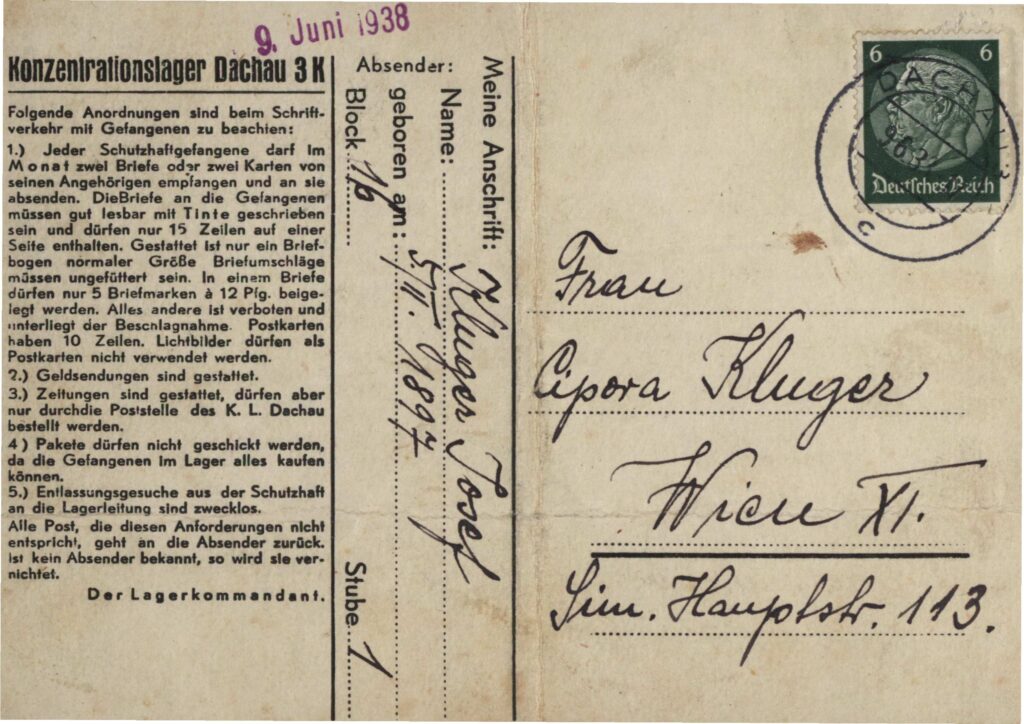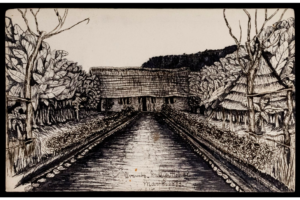 Advanced Zotero will be offered in-person in 223 Doe Library on Thursday, September 14 from 12:10-1:30pm and via Zoom Friday, September 15 from 12:10-1:30.
Advanced Zotero will be offered in-person in 223 Doe Library on Thursday, September 14 from 12:10-1:30pm and via Zoom Friday, September 15 from 12:10-1:30.
This session covers:
- The many different techniques for adding items to your Zotero library
- Linked files vs. stored files
- Zotero storage vs using Zotfile to store attachments in another cloud app
- Creating and managing groups
- Zotero 6.0 PDF viewer and annotation extractor
- Zotero 6.0 Add note feature
- Indexing and searching your Zotero library and attachments
Registration is required so that you can receive the Zoom link 24 hours in advance of the workshop. Register at https://tinyurl.com/UCBlibworkshops.
The Library attempts to offer programs in accessible, barrier-free settings. If you believe you may require disability-related accommodations, please contact Jennifer Dorner at dorner@berkeley.edu.

 Until May 4th, the Library has trial access to a new digital archive produced by AM (formerly Adam Matthew Digital) titled
Until May 4th, the Library has trial access to a new digital archive produced by AM (formerly Adam Matthew Digital) titled